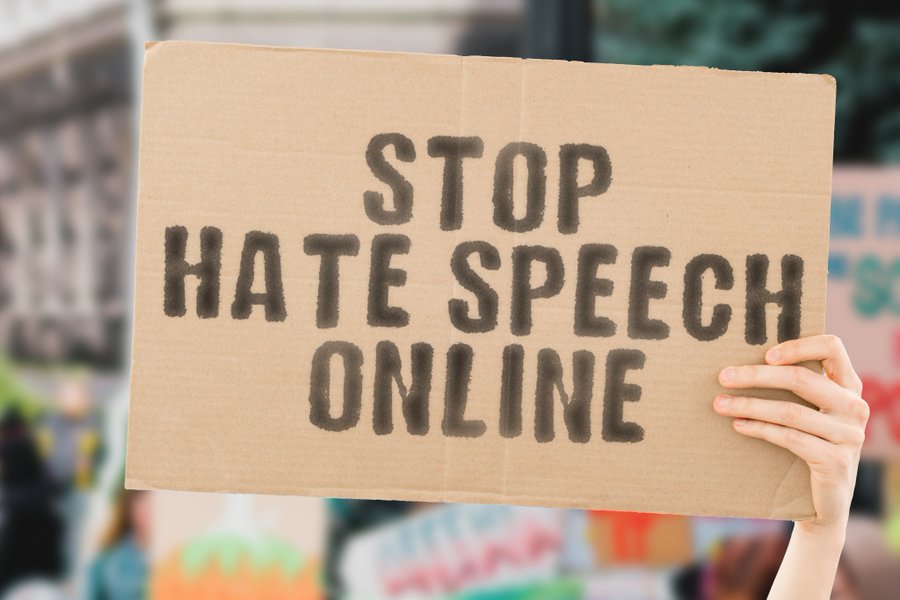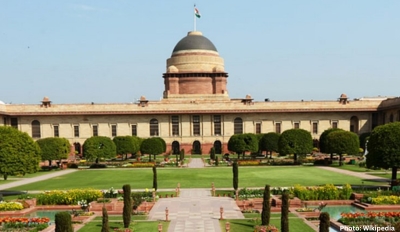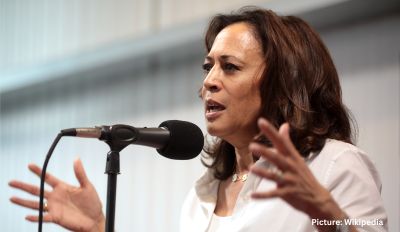A new report by researchers at Rutgers University at New Brunswick and the non-profit Network Contagion Research Institute (NCRI) has found that there is a rapid increase in anti-Hindu hate speech on social media platforms in the United States and that this potentially puts thousands of people of the Hindu community at risk.
 “Our analysis demonstrates that there is an alarming, recent rise in the use of key terms — particularly, anti-Hindu slurs and slogans — that both connote and disseminate Hinduphobia on popular social media platforms,” the report said. “Accompanying this increase is the proliferation of anti-Hindu genocidal memes in Islamist, white nationalist, and other extremist sub-networks online. While such developments are often mistakenly categorized as anti-Indian xenophobia, we show that the specific content of these memes, hashtags, and derogatory messages very clearly targets decidedly Hindu symbols, practices, and livelihoods. In so doing, these online communities are adapting a pre-existing, albeit understudied, playbook of Hinduphobic tropes to a new sphere of communication.”
“Our analysis demonstrates that there is an alarming, recent rise in the use of key terms — particularly, anti-Hindu slurs and slogans — that both connote and disseminate Hinduphobia on popular social media platforms,” the report said. “Accompanying this increase is the proliferation of anti-Hindu genocidal memes in Islamist, white nationalist, and other extremist sub-networks online. While such developments are often mistakenly categorized as anti-Indian xenophobia, we show that the specific content of these memes, hashtags, and derogatory messages very clearly targets decidedly Hindu symbols, practices, and livelihoods. In so doing, these online communities are adapting a pre-existing, albeit understudied, playbook of Hinduphobic tropes to a new sphere of communication.”
The research was led by Prasiddha Sudhakar, an analyst at the Network Contagion lab. Her co-authors were Dr. Joel Finkelstein, Chief Science Officer and Director, Network Contagion Research Institute and Senior Research Fellow, Miller Center for Community Protection and Resilience, Rutgers University; Dr. Lee Jussim, Chair, Distinguished Professor, Department of Psychology, Rutgers University; Dr. Parth Parihar, Postdoctoral Fellow, Wallis Institute of Political Economy, University of Rochester;
Denver Riggleman, Former Congressman and Fellow and Visiting Scholar, Miller Center for Community Protection and Resilience, Rutgers University.
In its executive summary, the report says, “Hinduphobic tropes such as the portrayal of Hindus as fundamentally heretical evil, dirty, tyrannical, genocidal, irredeemable or disloyal — are prominent across the ideological spectrum and are being deployed by fringe web communities and state actors alike. Despite violent and genocidal implications of Hinduphobia, it has largely been understudied, dismissed, or even denied in the public sphere. This report applies large scale quantitative methods to examine the spread of anti-Hindu disinformation within a wide variety of social media platforms and showcases an explosion of anti-Hindu tropes. Though confined largely to street-level groups and enthusiasts in the recent past, Hinduphobia is now exploding across entire Web communities across millions of comments, interactions and impressions in both mainstream and extremist platforms.”
Sudhakar was quoted by KQED, “I wouldn’t say I was surprised, given that there’s been a massive rise in all forms of ethnic hatred, whether it’s antisemitism, or Islamophobia, or anti-Asian hate.”
The report found that there is a spike in anti-Hindu phraseology in the United States, beginning in the fall of 2021 on social media platforms such as 4chan, Gab, Twitter, TikTok and Telegram.
The report said that NCRI detected recent surges in derogatory posts toward Hindus present in subcultural social media platforms including 4Chan, Telegram, and Gab.
“We found anti-Hindu memes, hashtags, and slogans growing prolifically across these fringe online platforms as well as Twitter. NCRI’s previous analysis shows that extremist content targeting specific vulnerable communities on social media are upstream predictors of real world violence against those communities. State actors use Hinduphobic tropes as part of large scale information operations. (Courtesy: Indica News)
Anti-Hindu Hate Speech On Social Media Platforms Spikes











